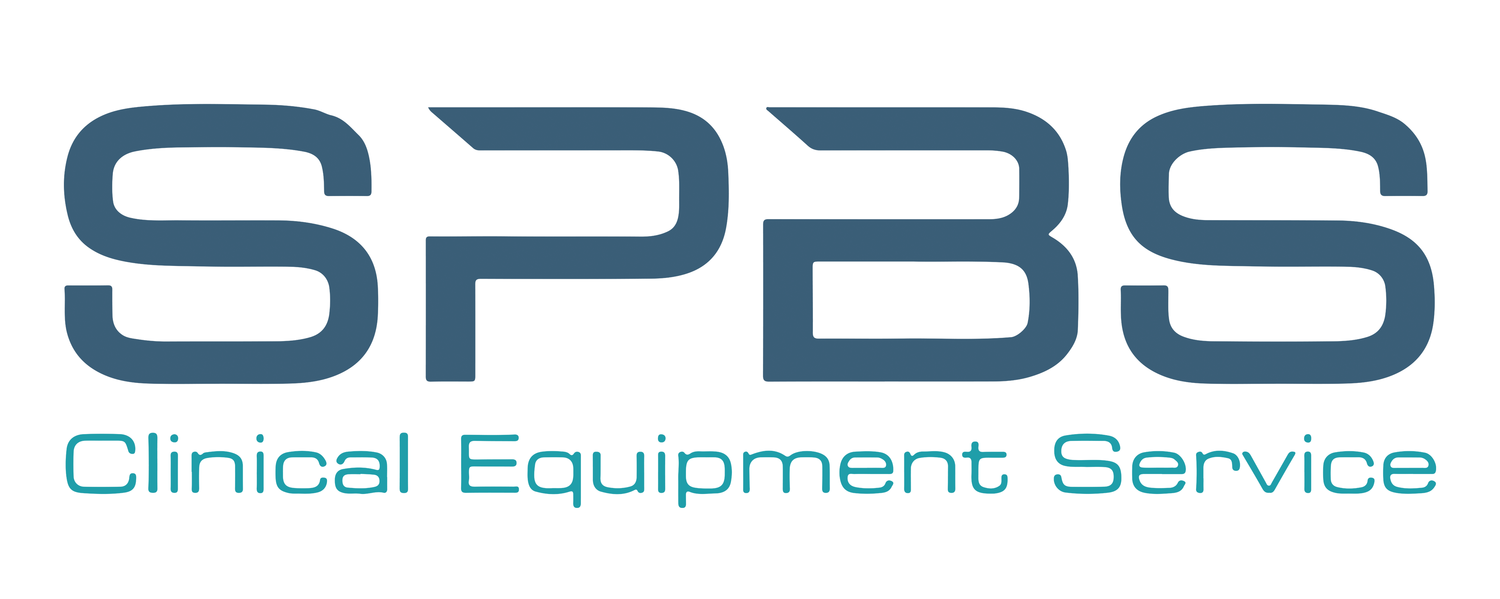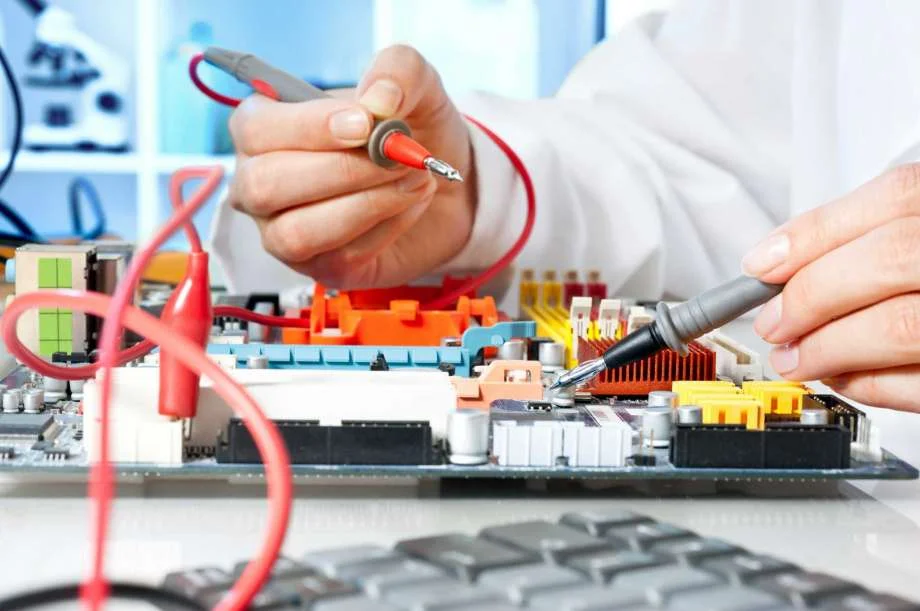Rising healthcare costs, decreasing revenues and regulatory demands have prompted administrators to look for ways to cut costs while maintaining quality and compliance. Choosing the service option that best fits your organization’s needs adds to this challenge. This post will help you differentiate between the various types of biomedical programs and how each might fit your organization's needs. The four most common biomedical program solutions are:
- Original equipment manufacturers
- In-house biomedical staff
- Hospital-owned shared services groups
- Independent service operators
Original Equipment Manufacturer (OEM)
OEMs provide service on the equipment they design, manufacture and sell, and have the technical staff, support and parts to meet their customers’ needs. OEMs require a unique contract covering their own equipment, meaning if you don't have a standardized fleet of equipment manufacturers, knowing who to call can get tricky. OEMs are a popular option for servicing high-end equipment used for imaging, in the lab, and for sterilization. They often bundle service and support with the sale of their equipment and instruments.
In-House Biomedical Staff
A hospital employed staff is responsible for managing and handling test equipment, annual calibration of test equipment, training, a supply of parts and resources for all of your equipment. Having an in-house biomedical staff allows hospitals to respond quickly to break/fix requests. These technicians typically specialize in a diverse, but less specialized, equipment fleet.
Hospital-Owned Shared Services Groups
In a shared services arrangement, a larger healthcare facility offers biomedical support to smaller affiliated facilities. For facilities with limited resources, working with a hospital owned shared services group can give easy and cheap access to equipment repair and preventtive maintenance. However, many times the needs of the primary facility often overshadow the needs of the smaller, remote organization. This can lead to sluggish response times and quality often suffers.
Independent Service Operators (ISO)
ISOs can offer customers the best of all options – service expertise and technician, equipment and parts availability. The industry is seeing a trend toward ISOs for good reason. ISOs:
- Are capable of competing with the OEMs in quality and price
- Employ service engineers that have been OEM factory trained
- Offer comparable quality with more flexible terms.
Now that you understand the different options for choosing a quality biomedical program for your organization, what are the key indicators that you should evaluate to make a decision? How do you know which service option will best fit what your organization is looking for? Download the eBook below to learn about some of the reasons an ISO might be your best fit.

